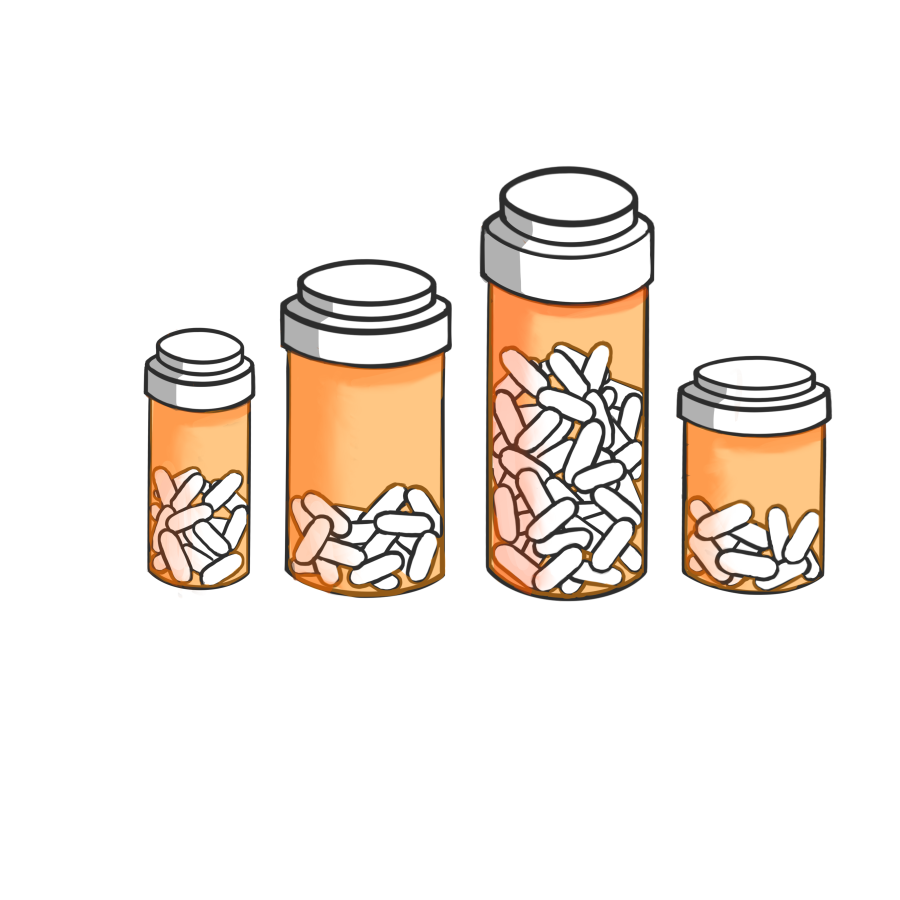Pharmaceutical company Merck & Co. released the interim trial analysis of their new COVID-19 vaccine pill on October 1, 2021, which showed evidence of a 50% reduction in the risk of hospitalization or death from COVID-19.
Currently, three COVID-19 vaccines are available in the US to anyone over the age of 12 — Pfizer BioNTech, Moderna, and Johnson & Johnson. All three are traditional, injected vaccines, making Merck’s the first oral vaccine.
While the United States has enough vaccines to supply its population, many poorer countries have met sever difficulties in acquiring enough vaccines for their citizens.
The introduction of Merck’s COVID-19 vaccination pill could help these struggling companies by offering a new source of vaccines.
According to its website, Merck released an analysis of its interim trial which it says the pill reduced the risk of hospitalization or death by approximately 50%.
Merck also said it plans to seek emergency authorization for the pill in the US and will submit applications for its use to regulatory agencies worldwide.
According to the same report, the pill disrupts the spread of the virus by introducing errors when the virus replicates, effectively rendering it unable to spread.
While it may seem like the daily COVID-19 pill is just around the corner with Merck seeking emergency authorization in the US, the study was conducted only on patients who already had COVID-19, making the results only valid for patients with COVID-19.
An oral form of a COVID-19 vaccine would ease the strain on the manufacturing. In the Interim Analysis, Robert M. Davis, CEO of Merck, stated that “(Merck) will continue to work with regulatory agencies on our applications and do everything we can to bring molnupiravir to patients as quickly as possible.”
Merck has a licensing agreement with five Indian prescription drug manufacturers, along with a pledge to donate more than $5 million in supplies and equipment to relief efforts in India according to an announcement on Merck’s website, released April 27, 2021.
With vaccine shortages in many poorer countries, Merck’s pill could help shift the tides in the fight against COVID-19 in these nations. Merck’s website says, “Merck has entered into these agreements to accelerate availability of molnupiravir in India and in other low and middle-income countries following approvals or emergency authorization by local regulatory agencies.”
A pill-administered vaccine for COVID-19 could also create an opportunity for many to avoid shot-based vaccines. Many people who oppose vaccination could be more open to a non-shot administered vaccine. This could increase vaccination rates in countries already supplied with vaccines but with a minority of the population that refuses to vaccinate.
Paly junior Chadwin Wong said he would prefer the use of a pill over a shot.
“Shots kind of hurt for a bit,” Wong said. “But if you could just swallow a pill, it wouldn’t be that bad.”
With the possibility of a pill-based vaccine, administration of the COVID-19 vaccine could become much more commonplace, possibly by taking a daily supplement. However, given the limited amount of testing the pill has undergone, it may be a while before such a vaccine finds its way into the average household.



